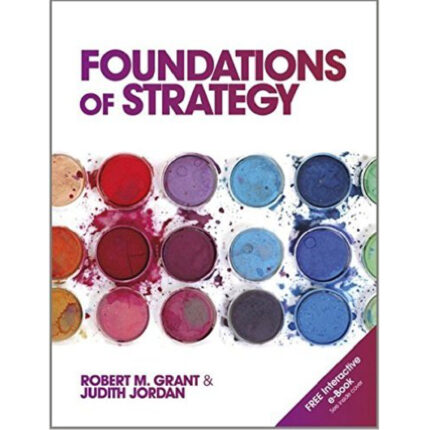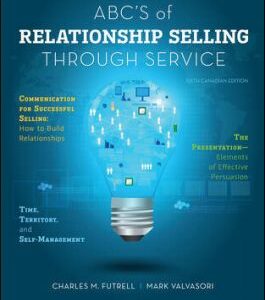Overview
Chapter 11
Corporate Performance, Governance, and Business Ethics Key
1. A union and the general public are examples of internal stakeholders.
FALSE
2. All stakeholders are in an exchange relationship with the company.
TRUE
3. If a company fails to take stakeholder claims into account, stakeholders may withdraw their support.
TRUE
4. Through stock ownership plans, stockholders receive employee benefits.
FALSE
5. Stockholders receive a return on their investment in a company’s stock from dividend payments and capital appreciation.
TRUE
6. Attaining future profit growth may require investments that reduce the current rate of profitability.
TRUE
7. Maximizing long-run profitability and profit growth is the best way to satisfy the claims of several key stakeholder groups irrespective to how the company does so.
FALSE
8. Agency theory offers a way of understanding why managers do not always act in the best interests of stakeholders.
TRUE
9. In corporations, agency theory is used to explain the relationship between stockholders and corporate managers, and between upper-level managers and the lower-level managers they supervise.
TRUE
10. While many agency relationships work well, problems arise when agents and principals have different goals.
TRUE
11. The term information asymmetry describes the difference in personal ethics that agents and principals have.
FALSE
12. One assumption of agency theory is that the principals have more information about the resources that are being managed than the agents do.
FALSE













Reviews
There are no reviews yet.